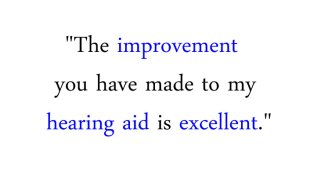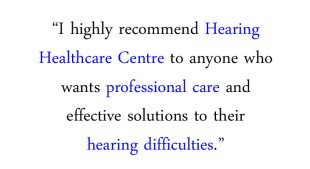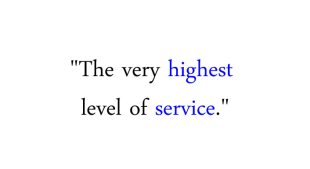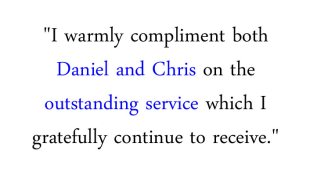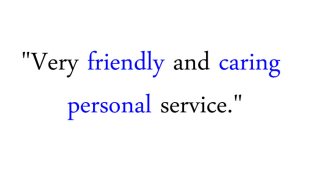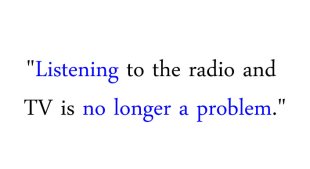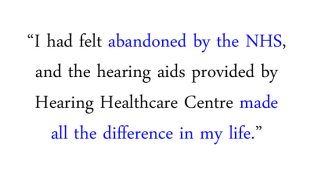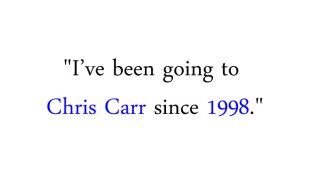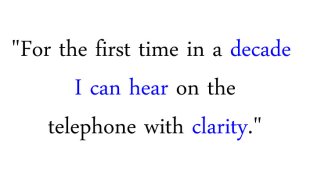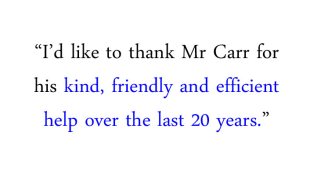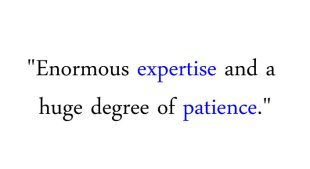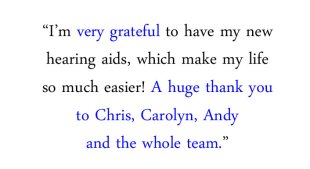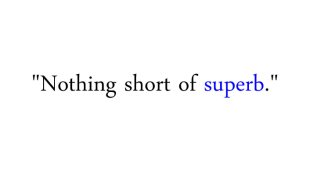The word ‘Tinnitus’ comes from the Latin word for ‘ringing’ and is the perception of noise in the absence of external sound. Almost everyone has experienced Tinnitus at some point, especially after exposure to loud noises.
For some, Tinnitus can become a continuous issue which has an impact on their quality of life. The noise can occur in one or both ears and can sound like ringing, buzzing, whistling or hissing. The sound can be low, medium or high pitched, and can be a single noise, or complex in its interpretation.
It often seems louder when the environmental noise is low, typically at night, which can make it more difficult to sleep.
1 in 5 people are affected.
From the Gulf War alone, 350,000 service personnel have reported suffering from Tinnitus, and 250,000 from hearing loss.
90% of people with Tinnitus also suffer from some degree of hearing loss, and can be successfully treated 69% of the time with the provision of appropriate hearing aids.
Causes of Tinnitus
It is not fully understood what causes tinnitus, but the general consensus is that it is a problem with how the ear hear sounds and how the brain processes it.
The most common type is associated with hearing loss, damage to the sensory cells of the inner ear. Hearing loss associated tinnitus accounts for an average of two out of every three tinnitus cases.
Auditory Deprivation/Neural Hypersensitivity
Our brain craves stimulation. If the auditory centre of the brain is not receiving the normal signals from the auditory nerve in the ear (due to damage), the brain may well seek to find alternative stimulation. In an effort to pick up more sound the neurons become more hyperactive. It is then, that the brain might pick up signals from adjacent nerves.
If you imagine listening to your car radio when you stray outside of the reception range of the radio transmitter, you will begin to hear white noise and static interfering with the broadcast. In order to hear the broadcast more clearly, you might, wrongly, attempt to clean up the signal by increasing the volume. This is counter-productive, as it worsens the static interference.
In this scenario, moving out of range of the radio transmitter represents the damage to the hair cells, and the static interference represents the tinnitus caused by auditory deprivation.
Diet or Medication
Tinnitus can also occur as a result of certain medications and dietary intake. It is important to state that the risk of developing it from taking medication is very low. Of the known medications that can affect tinnitus, and are frequently prescribed, less than one in every thousand people will develop tinnitus. It is also important to note that the drugs that cause tinnitus are also dose-dependent, which means that you would need to take an above average dosage to be at risk.
Disclaimer: Hearing Healthcare Centre does not advise on the use or dosage of any GP prescribed medicine. If you have any concerns regarding your medications, you should first consult with your doctor.
Below is a list of medications that have been known to potentially induce tinnitus in individuals:
Aspirin
Aspirin is a commonly used medication that has been linked to Tinnitus. The risk to any individual developing tinnitus from aspirin use is very low. The required dose of aspirin needed to trigger tinnitus is significantly higher than the advised dosage. In cases where Aspirin caused the onset of tinnitus, a reduction in dosage also reversed the effects.
Quinine
Quinine is a medication used to prevent and treat malaria. Cochlear damage has been observed when taken in large or prolonged doses. In cases where low doses are taken to prevent malaria, tinnitus is rarely observed. In the rare cases that tinnitus is evident; it is often temporary and stops when the medication is discontinued.
Aminoglycoside Antibiotics
Aminoglycoside Antibiotics are a small group of strong and specific antibiotics that are known to be ototoxic. This means that they can damage the inner ear and cause hearing loss and in some cases tinnitus. Common forms of these antibiotics are Gentamicin and Streptomycin.
These are not prescription medications, but rather injections administered in a hospital to treat severe or life-threatening infections. Aminoglycosides are well known to cause tinnitus and so they are strictly monitored when administered. Blood tests are frequently performed to ensure levels do not exceed the risk level.
Cytotoxic
Cytotoxic drugs are used in certain cancer treatment regimes. The more damaging drugs are those containing platinum such as cisplatin and, to a lesser extent, carboplatin and oxaliplatin. Doctors using this medication will discuss the risks prior to administering them. Hearing tests are advised prior, during and after using these drugs to monitor inner ear condition.
Loop Diuretics
Loop Diuretics are used to treat high blood pressure, heart failure and some kidney disorders. Ototoxicity only occurs with large doses and the relatively small dose given for mild or moderate hypertension (high blood pressure) does not cause damage to the ear. Even with large doses, such diuretics probably only cause permanent damage when used in combination with other ototoxic drugs.
If you suspect any medication you are taking is causing your tinnitus then you should consult with your doctor.
Diet
A high salt, as well as high caffeine, diet, as well as tobacco usage, has been known to heighten the risk of tinnitus, but it is important to state that diet, as a cause of tinnitus, is very subjective. Studies indicate that certain foods can make tinnitus worse, but in other cases, the same foods have caused a reduction in the affects. If you think you are consuming foods that might be improving or worsening your tinnitus, it might be an idea to alter your diet accordingly. Adjust your diet, and monitor any changes to your tinnitus.
Consult a doctor prior to making any changes to your diet, and always seek medical advice if you have any health concerns.
Noise Exposure and Stress
Exposure to loud noise can cause damage to the cochlear hair cells. This damage can result in Tinnitus onset.
What Tinnitus Sounds Like
Tinnitus can occur continuously, or occasionally, depending on its severity. It can be perceived in many different ways, and present in many different pitches, and tones, with some people experiencing a ‘whistle’, others a ‘whine’, some may experience a ‘rushing’, ‘buzzing’, ‘hissing’ or even a noise with a ‘musical effect’
It can vary from person to person.
99% of sufferers have ‘Subjective Tinnitus’, which means that they alone can hear the noise. 1% of people actually suffer from ‘Objective Tinnitus’ which can be identified by others in close proximity to them.
Here is a Video demonstrating some of the different experiences from tinnitus sufferers
Treatment Options For Tinnitus
The common misconception is that there is no help for people with tinnitus. There is no “cure” available for, by means of drugs or operations. However, there are many methods to alleviate and in some cases stop tinnitus.
Tinnitus will be experienced by all of us at some point, this can be caused by loud noise exposure, age-related hearing loss or even changes in the ear mechanics. It is often our perception and reaction to the tinnitus that causes persistent tinnitus.
Tinnitus is often aggravated by periods of high stress, and we can associate a negative emotion with hearing tinnitus. That is why an important part of tinnitus treatment is managing our negative associations with tinnitus (cognitive behavioural therapy), managing stress and employing relaxation techniques, and using sound therapy techniques.
As previously mentioned tinnitus is the perception of noise with the absence of external noises. A key part of managing tinnitus is introducing external noises to detract from the internal noises. By employing a psycho-educational counselling approach, together with sound therapy (through either noise generators or hearing aids), represents the mainstay of audiological rehabilitation.
The purpose of sound therapy is to partially mask tinnitus and to reduce your reaction to it. Reduced reaction leads to reduced perception of the tinnitus, establishing a positive cycle. This process may take many months. This approach is known as tinnitus retraining therapy.
Hearing Healthcare Centre offers a number of discreet, comfortable hearing devices which help control the noise of tinnitus, making it easier to follow conversations and helping you regain your ‘quiet’ time.
We also have other devices to help clients who do not have hearing loss, but still have distressing Tinnitus.
Please call us to book a consultation at one of our branches: 01223 360 700 (Cambridge), 01638 593113 (Newmarket) or 01799 611591 (Saffron Walden).



